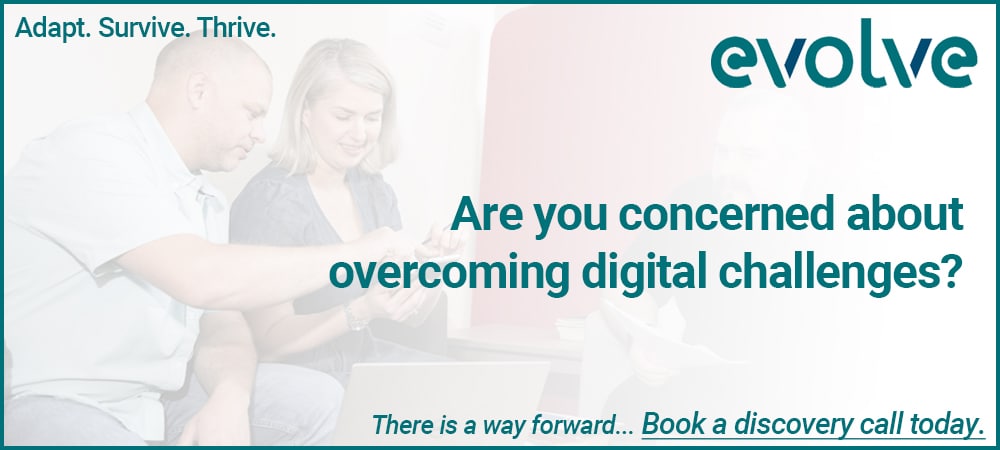Organisations often find it challenging to carry out business transformation projects successfully — and shaping the future of the workplace is no different. While there may be a willingness to change, there are many ways that change projects become stuck in the mire, their momentum stalled by hundreds of micro-actions taken (and not taken) throughout the organisation.
The pandemic changed things.
Businesses have learned that a major change project that would normally have taken six months to a year — such as enabling everyone to work remotely — can be done much faster. Necessity is indeed the mother of invention; innovation happens when people and organisations realise they have to act fast to stay competitive.
It’s given companies around the world permission (and in many cases forced them) to take risks they were reluctant to, such as allowing people to work from home. It’s presented organisations with a chance to reimagine their workplaces.
The workplace has been heading for a future where technological solutions and human talent blend — but the pandemic has hastened the realisation of this reality.
Business planning for the ‘new normal’ and beyond
The genie is out of the bottle. Office workers and their managers now know the full benefits and challenges of working from home. Businesses have needed to find quick solutions to these challenges to remain competitive, adapting themselves for smooth virtual operation.
1. What does this mean for the nature of work?
The pandemic has helped businesses become less risk-averse. Digital transformation and the introduction of automated tools were often projects months or years in the planning. Businesses know they have to be more agile than this. Customers are becoming more digital savvy, and they expect efficient service from the companies they work with.
We’ll start to see more organisations introduce automation — augmenting their services to take the drudgery out of their employee’s roles and speed up services for customers. Employees will dedicate more time to elements that deliver genuine value for the business — like building relationships with customers, while automation will allow businesses to scale their services easily.
2. How can technology support the workforce of the future?
Several studies have shown that people can be more productive, and happier, working from home. But there are also problems — such as a dependence on home broadband suppliers.
As virtual working becomes less novel, more businesses will explore ways that they can support their employees and keep the team working efficiently.
We’ll also start to see a re-evaluation of what working means. The days when it was defined by who sat at their desk the longest had already started to wane before the pandemic hit. Now, with the freedom to be creative that lockdown granted business leaders, companies are starting to look beyond hours worked and things produced and towards the quality of that work and the effect it has on the goals of the business.
3. What is the future of the office?
The pandemic forced most office-based workers into their homes, but not everyone has a spare room to use as an office. Many people are working around the kitchen table with their spouse or flatmates. People are working perched on the end of their beds, laptops on tables propped up with books. It’s an emergency solution, but not ideal for the long-term.
The future workplace will be more of a solution where businesses hire space for regular creative collaboration — giving people a good mix of time around their colleagues and time working from home. Right now, businesses are starting to plan for how to manage this process. The technology will need to be in place to support this kind of model and provide the business, and its employees, with the best experience possible.
4. Maintaining digital culture in the workplace of the future
When lockdown took away all of the usual props of company culture (the downstairs café or bar, innovation suites, air hockey tables and Friday beers), it left some businesses bereft. What is culture when you take away the trappings of corporate life?
Lockdown revealed where cultures were built on top-down control, a lack of trust in the team and passivity and risk aversion. Leaders could sometimes seem distant and out of touch with their employees.
With video conferencing bringing us into the heart of each other’s homes, managers and leaders are realising how beneficial it is to connect on a more human level. Technology’s playing a major role in facilitating cultural shifts, and it will continue to do so in the future.
The future workplace will be founded on agility and resilience. Technology, such as automation, will help create a future where businesses can seamlessly work with distributed teams and maintain the culture and creativity that helps the business achieve its goals.
What Now?
We’re Evolve, and we’re here to guide your business’ digital transformation. With a wealth of experience deploying solutions and managing IT for various firms we are uniquely placed to help your business overcome the challenges posed by the current crisis and look optimistically to the future.
You can contact me on LinkedIn @davidatevolve, by telephone 020 8939 8481 or on our Contact Us page
News Source: https://www.information-age.com/


